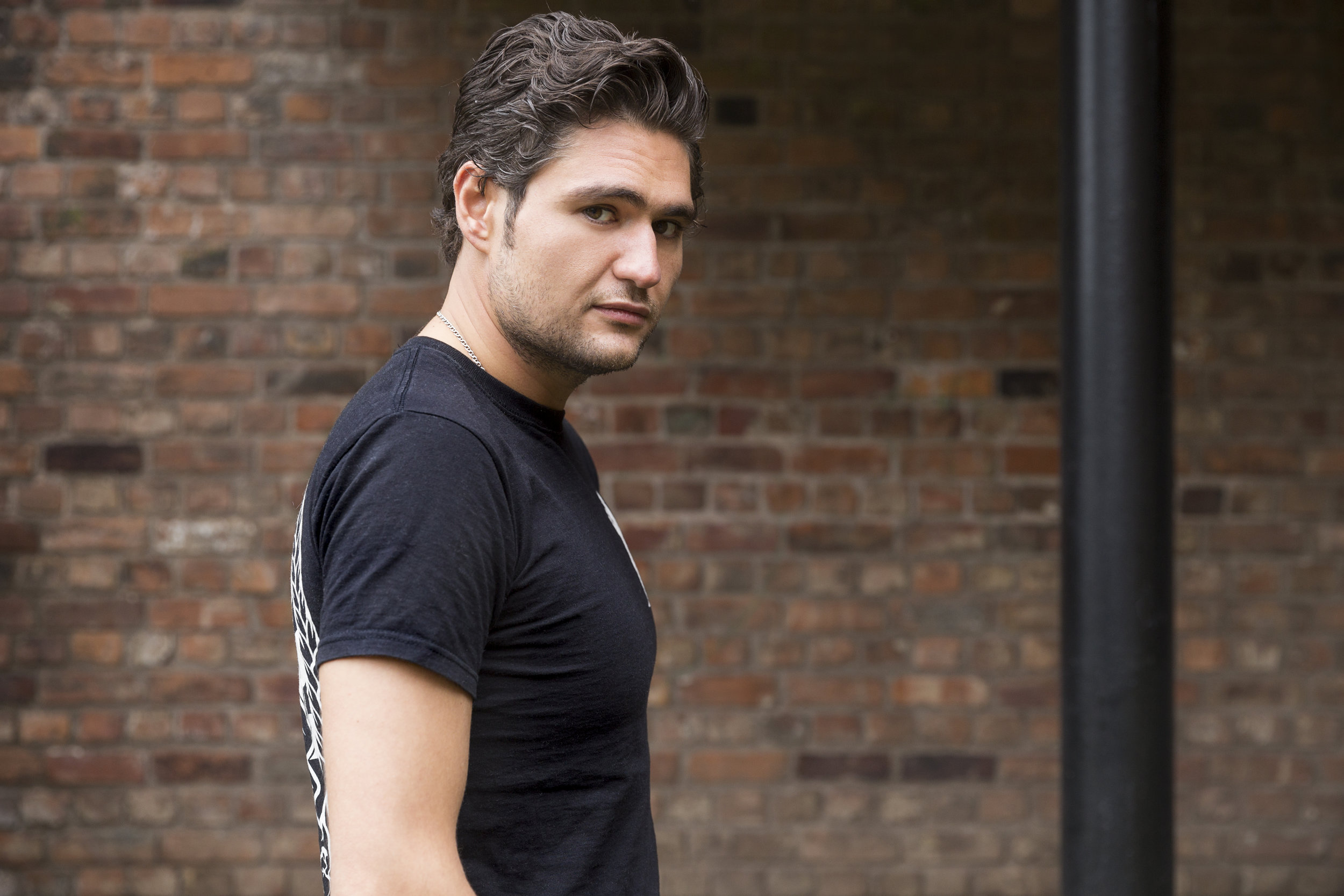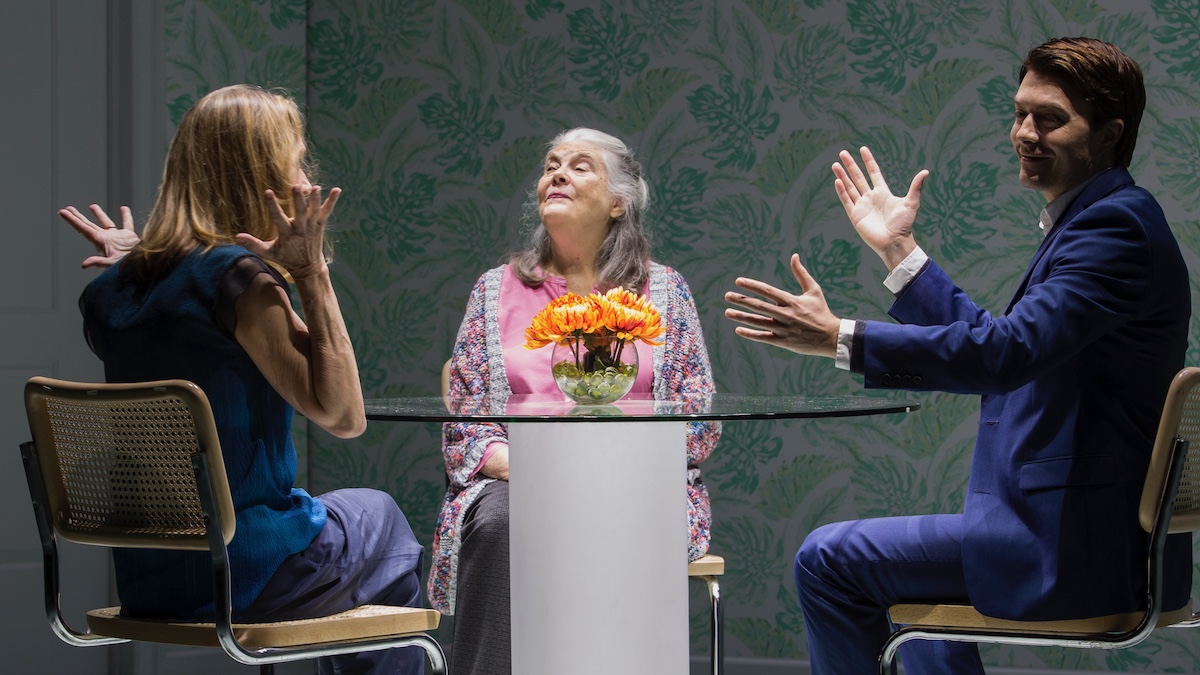
Javaad Alipoor is an artist, writer and director. Currently Resident Associate Director at Sheffield Theatres, Javaad also works with communities not currently engaged with theatre and encourages them to create. Fresh from directing the award-winning The Believers Are But Brothers, which examines violence, masculinity and extremism, Javaad directed One Flew Over the Cuckoo’s Nest at The Crucible, Sheffield in June 2018.
At its core, what would you say One Flew Over the Cuckoo’s Nest is about?
For me, it’s a play about a couple of things: Immediately, it’s about institutions and individuals; what institutions do to try and tame us and make us part of them, and in turn, what we do to resist that. It’s about those iconic acts of rebellion that really jump out of history for us, whether that’s reminiscent of the rockstars of the 1960’s, or the great rebels like James Dean. On top of this, it’s about masculinity and the way it damages men, as well as how it disfigured and oppresses women – the show really gets to the heart of that relationship and a kind of masculinity that’s quite toxic and damaging.
Can you tell us more about why One Flew Over the Cuckoo’s Nest feels like the right show to be doing right now?
Firstly, it’s a really timeless story that answers all the questions we have now about how people can resist authority, how men and women interact, and what the core of institutions and families are and how they reproduce themselves. The play features a lot on the idea of toxic masculinity, how men kick back at women as they perceive to be keeping them down, and what that does to both genders has never been more of a pressing issue than right now.
I’ve seen the film, what makes the play different?
The play captures that same sense of epic rebellion, tragedy and the grim way men treat women that the film does, but it has a whole load more stuff going on because it stays much closer to the original novel. In the play, the character of Chief Bromden is much more central and acts as a narrator, meaning the story is as much about him, Nurse Ratched and the rest of the institution as it is about McMurphy. The play, especially this version, is darker and more nihilistic than the film, whilst also featuring a few more funny moments.
Is there a moment from the play you’re particularly excited to bring to the stage?
I think it’s the challenge of the central role that Chief Bromden gets in the play, and finding language that really gets to the heart of the mythic nature of that character without reducing him to a stereotype. There’s a really horrible tradition in productions where that character has been played by a white actor who has coloured his skin, which is obviously a grotesquely racist thing to do. As a director of colour myself, it feels really important to restore the centrality of this amazing character of colour to the story. The most fun part of staging this play is working with people’s expectations, by re-creating those really iconic moments from the film and finding ways to use them as a way to make the story fresh.
How would you describe the character of McMurphy?
He’s the classic ‘rebel hero’ of the 1960’s; he’s a rockstar. Nowadays, we can’t pretend that all those sixties and seventies icons didn’t possess that darker side of sexuality and magnetism that made them so attractive to us.
What do you hope audiences will feel coming away from the show?
My aim is almost always to entertain and provoke audiences. For this, I hope they come away feeling like they have a whole load of stuff to think about, and that they want to spend the next couple of hours in a bar, getting a burger, or driving home after the show talking and really thinking about masculinity, rebellion, authority and families.
This interview was originally produced by Sheffield Theatres.
To purchase a copy of One Flew Over the Cuckoo’s Nest, click here, and to learn more about licensing a production in the UK, click here.

Inspired by True Events: A Conversation with Playwright Ryan Spahn

Plays About Technology

